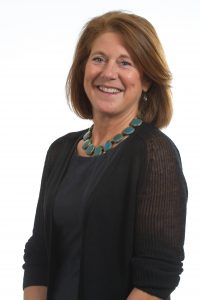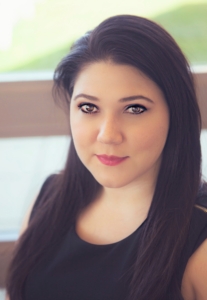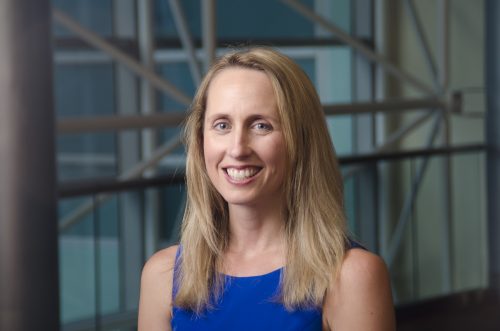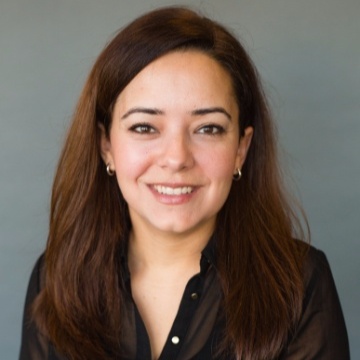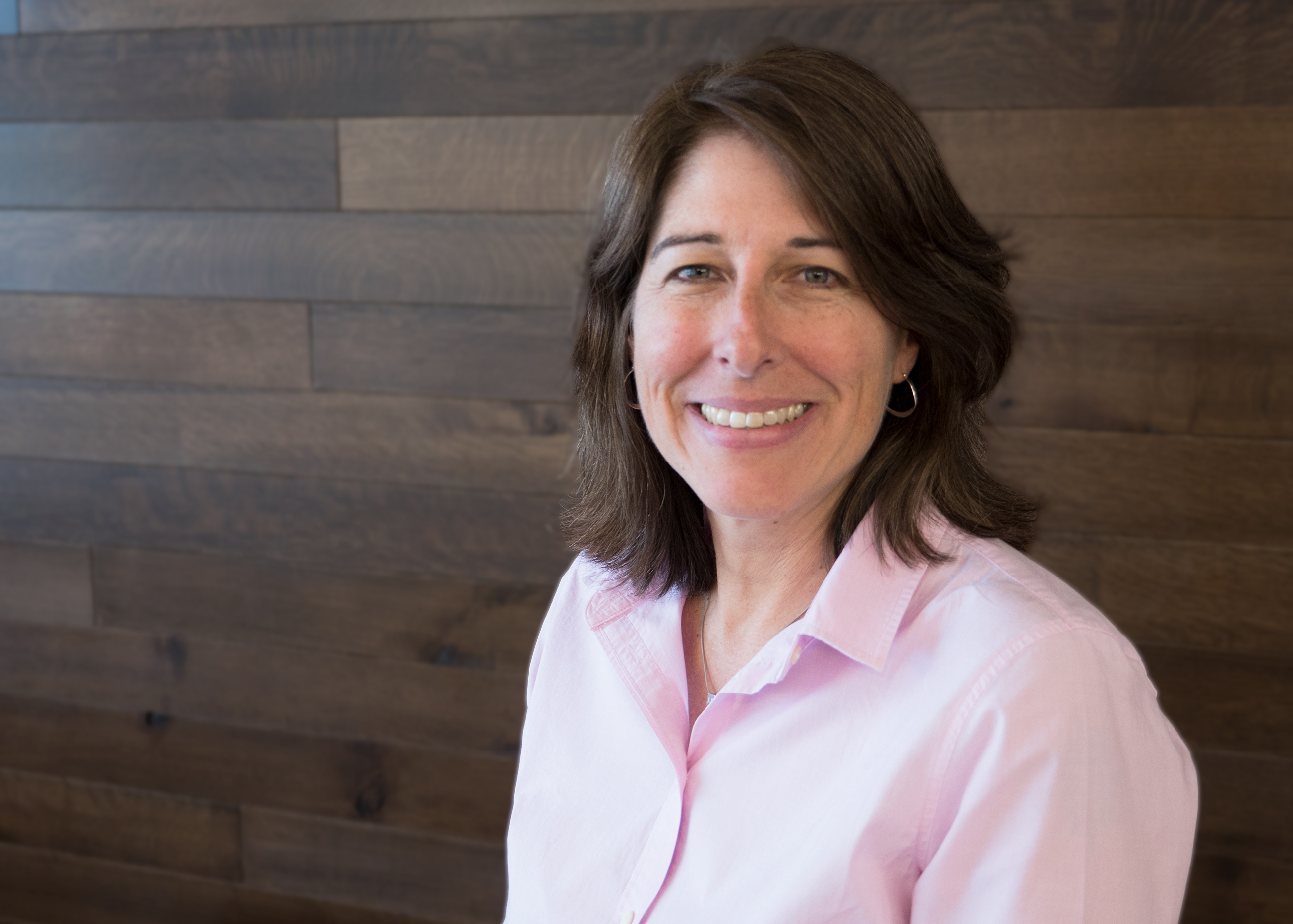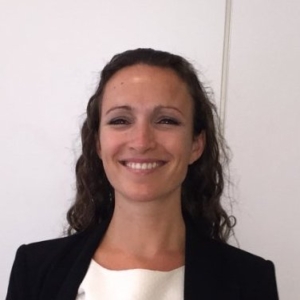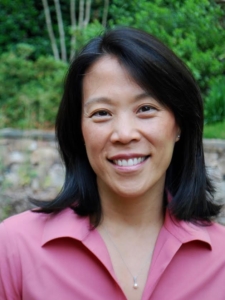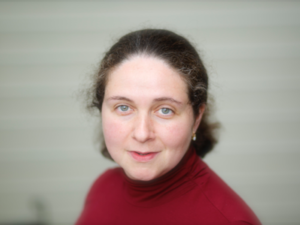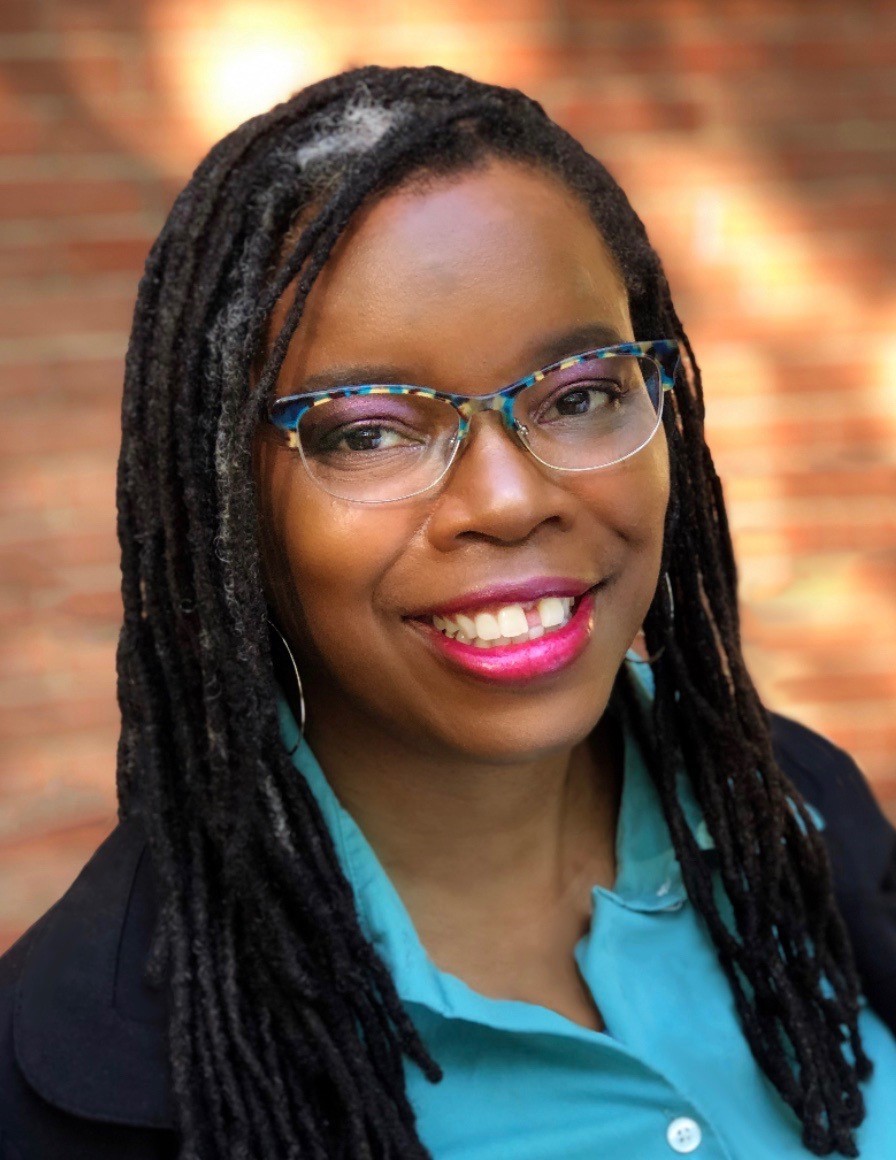 “Take charge of your own narrative and find people who will speak up for you,” recommends Devlyn Lorenzen, business support associate at Wells Fargo Advisors.
“Take charge of your own narrative and find people who will speak up for you,” recommends Devlyn Lorenzen, business support associate at Wells Fargo Advisors.
She suggests asking people what is said about you when you’re not in the room, and if the response is not how you would like to be seen, work towards changing the perception.
It was a realization she came to when she was attending a diverse leaders training program and was expressing some frustration to a senior member. The other professional asked, “How do you show up?”
“The question made me pause because I realized she was asking me to figure out the type of demeanor I had that people were reacting to,” she said “I realized I had created my own box because of my title and that was a wake-up moment for me.The title behind your name doesn’t limit what you are capable of. You control your own narrative; don’t let other people determine what you can do.”
Lorenzen calls that moment a turning point in her career, where she developed a renewed confidence and determination.
Seizing Opportunities By Raising Her Hand
The strategy of taking advantage of the opportunities that come her way has defined Lorenzen’s career. She began working as a receptionist at a bank and soon accepted another position as an administrative assistant. When that bank merged with another, she earned a position as an assistant for the national sales manager in Charlotte, NC, and was also able to assume a managerial role, supervising other administrative assistants.
When the bank eventually merged with Wells Fargo, she continued to move up and around in the company, helping to form cross-functional and cross-departmental partnerships and helping assistants find opportunities to work on projects with high visibility. She is currently involved in a marketing workstream to build a resource internet site allowing financial advisors to quickly link to other partners.
Finding Ways to Share The Importance of Diversity
Along the way, she has been highly involved with diversity and inclusion efforts. In fact, one of the professional achievements she is most proud of so far is receiving the Diversity Champion Award for her work with Wells Fargo Advisors in 2018. While the honor itself was important, she was even more excited at the chance to bring her 17-year-old daughter as her guest to the celebration. “I wanted her to see the results of my hard work and provide her the chance to see all of the women on stage being recognized. It’s so important for young women to see those opportunities in action,” Lorenzen says.
As part of her commitment to diversity and inclusion, she led a workstream for a website overhaul, to develop a site where team members can learn what’s going on and what training opportunities are available, as well as highlighting stories and messages from leaders. “We want to raise awareness and provide the resources people need, which is exciting as it is constantly evolving,” she says, adding that she’s enjoying the collaboration part of it most of all.
While Lorenzen appreciates the progress that has been made, she feels there are more opportunities for diverse leaders. “Where is my career headed if I’m not seeing people like me in leadership roles?” she wondered.
The key for her was to look at areas of the bank where she could see other women who were achieving, and put effort into seeking those women out for career advice.
That’s why she believes it’s important for new professionals to find a mentor, and if it’s a woman, even better. Surround yourself with people who will cheer you on and challenge you at the same time.
She currently has several role models—the main one is her sister who has a career in higher education and is working on earning a Ph.D. “She’s constantly forging ahead; I’ve watched her navigate her challenges by bringing her own seat to the proverbial table as well as bringing an extra one for another person. No one will automatically make space for you so that’s another reason it’s vital to have someone who can advocate and sponsor you.”
Another mentor is one of the private wealth regional presidents, who invited her to a Wealth and Investment Management Mid-Atlantic Women’s Summit and offered Lorenzen time on the stage to give a short update on her work with the Diversity Council.
Despite her nervousness, Lorenzen realized the value in accepting a stretch assignment. “You will gain confidence by overcoming your fears so I recommend finding a mentor that will push you and help you grow.”
Finding Balance Outside of Work
As an Army “brat,” Lorenzen lived all over the world, which inspired in her a love of travel. She particularly enjoys traveling with her sister and niece, as well as her daughter, who has participated in a German language immersion program since kindergarten as a way to achieve a broader worldview. Her daughter traveled to Germany for an exchange program and also spent time in the Dominican Republic for a service project. “I want her to understand that people’s lives aren’t all the same and to look outside her immediate circumstances.”
Family time is what’s most important to her: hanging out with her husband and daughter, sister and niece. In addition to watching foreign films and crime shows with her husband, she also loves to indulge her creative side by crocheting, learning to knit and solving puzzles.
“I view the current work-from-home orders as a gift to be still and slow down a bit.”
By Cathie Ericson

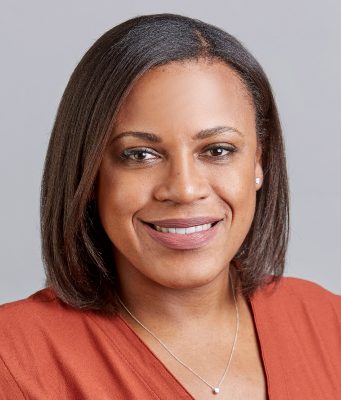 For PwC’s Jeanelle Johnson, it’s the experiences gained from taking on new challenges and living overseas which have made her career path so rewarding.
For PwC’s Jeanelle Johnson, it’s the experiences gained from taking on new challenges and living overseas which have made her career path so rewarding.